My full name is Lumturi Podrimaj but most people call me Lume in Northern Ireland. That’s shorter and easier for people. I’m 43 years old, and I come from Kosovo (that’s in international language, it’s Kosova in Albanian).
I left the country in 1994, just over 19 years ago. I used to teach there – I taught Physics and Maths at the college level, which is the part that I kind of miss – I never got over it. I just want sometimes to go back to it. I left the country with my eldest daughter at that stage (she was 2 years and 3 months), and her father. I was pregnant at that stage, just over 7 months. I had been here before as a tourist, to visit a friend twice, and the third time we came with the intention to claim asylum. That was because of the troubles. The times that I was here before, we were not required a visa, so it was fine just to come here and they would stamp your passport. And this time, because of the war in that part of the world, they introduced visas for here, so it was difficult to get it – I had to go to Bulgaria. Initially they refused us and then, after asking to review the decision, luckily, they did give us the visas, because there was no way back. We left Kosova the 28th of August and arrived here the 4th of September 1994. We stayed with a friend for few weeks in Belfast. That’s why I chose Belfast – one of the girls here was studying Albanian lullabies in our University, and she stayed at my aunt’s during that time and that’s how I met her, and then she invited me here the first time. The second time I thought, I’ll just do some research here and see how it feels to continue my studies here, rather than plan anything long-term in any other ways – so I didn’t think of asylum at that stage. Although the feeling of difficulties there – I already had difficulties going back the first time because I was questioned by police – why did I decide to go to Northern Ireland? Basically they were thinking something to do with being trained, you know, with the IRA or something.
Anyway, so that’s why I chose Belfast. When we arrived here we claimed asylum and I continued my studies: learned basic literary courses, attending three courses per year initially – Language and basic Computers. Then I started Postgraduate studies in Computers. Now I’m doing immigration advice; I guess I have been working in the NGO sector for many years now. For NICEM I worked initially six years, and then I was transferred to another organization for four years, and I’m back at NICEM, this is my third year! Immigration advice is what I wanted to do for many years, and I’m just so glad I’ve been given this opportunity, so we’ll see how it goes.
The object I brought is a dictionary, Albanian-English dictionary. I’ve been thinking a lot about different objects, I couldn’t make a decision. Although I spoke English a little, basic English because we had it as a compulsory subject from Primary Five and then college, and then University, you had to specialize in one language before getting a degree, and I had English, but it was very basic. I couldn’t probably spell too quick, d’you know what I mean – if somebody asked, “What’s that numberplate?” I would probably have to think. But I did know a little bit of the basic language, “How are you,” things like that. I think my English was more focused on engineering because of my degree so it was very specific so I couldn't really talk about asylum and human rights and things like that when I arrived here, or ask for things. And because at that stage there weren’t many organizations that would provide services for asylum seekers, not even one, apart from immigration advice and that was only one solicitor in Northern Ireland. So if I had to go to talk to her to ask her something I had to use the dictionary. I didn’t bring it when I came here with me, on that night – I didn’t think of it, because of the way we had to leave – but after I arrived here I realized I couldn’t really communicate. For example if I went to the GP, there would be three doctors and two nurses before they understood – guessed – what I meant. And this was when I was quite pregnant! So then the family sent the dictionary here, so that was actually very helpful, and that was my first thing when I started working at NICEM, is refugee integration work. That was what I wanted to raise with public authorities –arranging interpreters – and we started with a few that committed initially and then the others. So now it’s a duty, now they have a duty to provide the interpreters. And those are the key things, I think.
